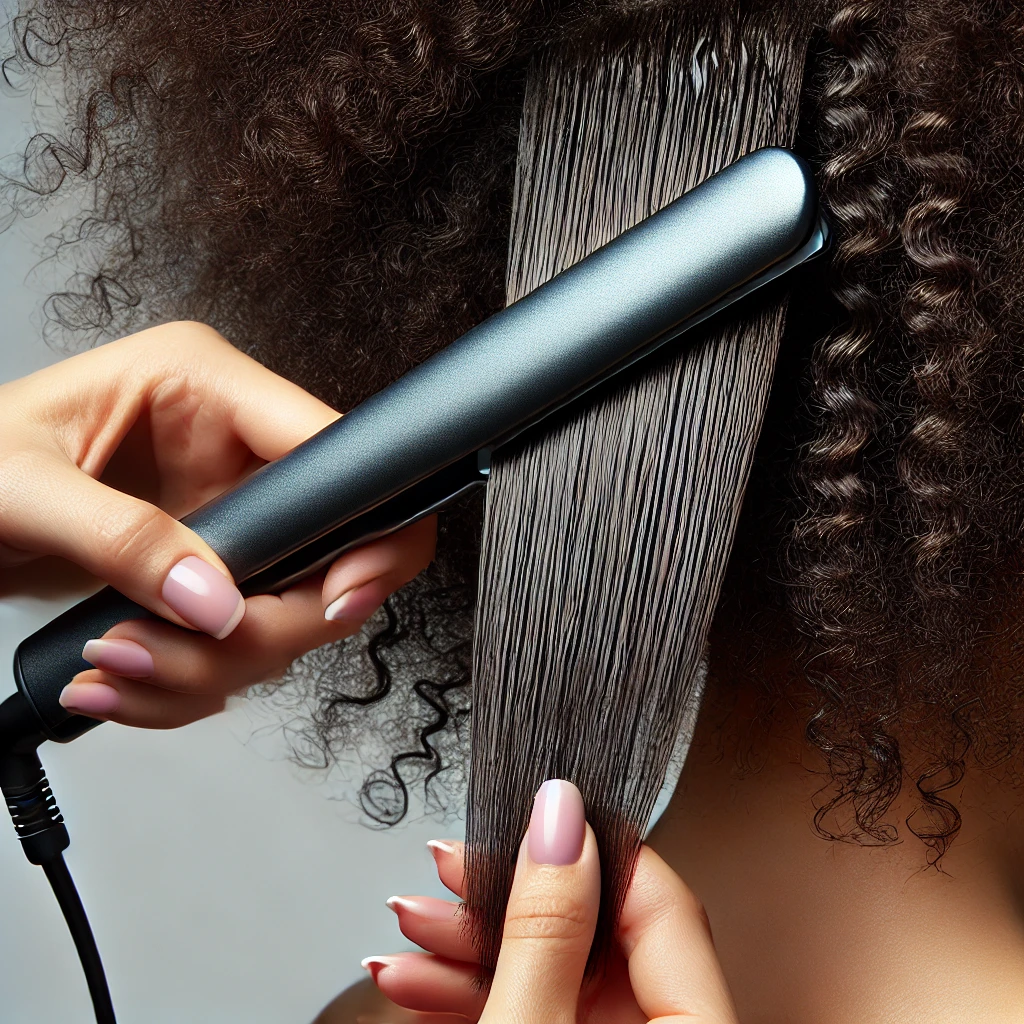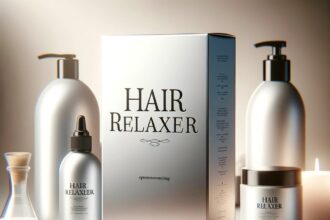Chemical Hair Relaxers Have Adverse Effects A Myth Or Reality
In recent years, chemical hair relaxers have come under scrutiny due to claims of potential adverse effects. For many, these permanent hair straightening and relaxing products promise a way to achieve smooth, manageable hair. Yet, concerns about their safety and long-term impact have sparked debate. The central question remains: do chemical relaxers pose significant health risks, or are these fears unfounded? The truth is that there are legitimate concerns backed by scientific evidence, indicating that these various hair relaxer and hair straightening products, can indeed cause harmful effects.
At Mass Tort America, we understand the confusion and worry that may arise from such claims. Our goal is to provide clear, evidence-based information to help you make informed decisions. If you or a loved one has experienced negative effects from hair relaxers, we may be able to assist you in seeking justice and compensation for your suffering.
The Chemistry Behind Hair Relaxers
Chemical hair relaxers work by breaking down the protein structure of the hair. This process makes very curly hair easier to straighten but also weakens the hair shaft. The primary active ingredient in many hair relaxer products is sodium hydroxide, commonly known as a lye relaxer. This strong alkaline substance can cause scalp irritation and chemical burns if not used correctly. Non-lye chemical relaxers however, often containing calcium hydroxide, are marketed as gentler alternatives to lye relaxers but still pose risks.
The immediate effects of using chemical hair relaxers can include scalp burns, hair loss, breakage, and allergic reactions. These adverse reactions are often linked to improper application, which can be more common with at-home treatments. Even when applied by professional stylists, the potential for chemical burns, hair loss, and other reactions exists, underscoring the need for caution. Using petroleum jelly to protect the scalp during application can help minimize damage.
Long-term exposure to the chemicals in hair relaxers can lead to more severe health issues. Studies have indicated a possible link between frequent use of hair and scalp relaxing products and conditions such as alopecia (hair loss) and uterine fibroids. These findings highlight the importance of understanding the chemical ingredients and risks associated with these products.
Health Risks And Scientific Evidence
Scientific studies have provided evidence supporting the claims of adverse health effects from chemical hair relaxers. Research has shown that women who frequently use these products may have an increased risk of developing uterine fibroids. This condition can lead to significant pain, heavy menstrual bleeding, and complications in pregnancy. African American women, who are more likely to use hair relaxing products, are disproportionately affected.
Furthermore, some studies suggest a possible connection between hair relaxers and an increased risk of certain cancers. For the breast cancer for example, a study by the National Institutes of Health found that women who used hair relaxers had a higher incidence of breast cancer. While more research is needed to confirm these findings, they are cause for concern and warrant further investigation. The chemical- relaxed hair relaxing process may also contribute to early puberty in girls due to the hormonal disruptors present in the chemicals.
Beyond physical health, the use of hair relaxers can also impact mental and emotional well-being. The societal pressure to conform to certain beauty standards can lead individuals to use these products despite knowing the risks. The chemical damage that relaxers do to hair and scalp can affect self-esteem and body image, contributing to broader psychological effects. Embracing natural hair and natural curl patterns with relaxed hair is a growing trend that can help mitigate these issues.
Regulations And Industry Response
In response to growing concerns, regulatory bodies have taken steps to address the safety of hair relaxers. The Food and Drug Administration (FDA) monitors the safety of cosmetics, including hair relaxers, but currently does not require pre-market approval for these products. This means that while hair relaxing products’ manufacturers must ensure their products are safe, there is no mandatory review process before they reach consumers. International journals have called for stricter regulations to protect consumers.
The cosmetics industry has also begun to respond to these concerns. Some companies are reformulating their products to exclude the most harmful chemicals. However, not all products and chemicals still on the market have undergone such changes, and consumers must remain vigilant about the ingredients in the products they choose. It is advisable to opt for relaxers that avoid harsh chemicals like ammonium thioglycolate and potassium hydroxide.
Consumer advocacy groups play a crucial role in pushing for stricter regulations and increased transparency in the cosmetics industry. These groups advocate for more comprehensive safety testing and clearer labeling to help consumers make informed decisions about the products they use. Supporting these groups can help bring about the necessary changes in the industry.
Is It Worth The Risk?
Given the potential health risks associated with chemical hair relaxers, many individuals are reconsidering their use of chemical relaxing alone. Alternatives to chemical relaxer hair such as heat styling tools, blow drying, braiding, or embracing natural curls are becoming increasingly popular. These options can reduce the need for chemical treatments and their associated risks. Deep conditioning treatments and natural oils can help maintain the health of natural hair without the need for chemical relaxers.
For those who choose to continue using hair relaxers, it is essential to follow safety guidelines meticulously. This includes using products as directed, avoiding excessive use, and seeking professional application when possible. Being informed about the risks and taking preventive measures can help mitigate some of the potential adverse effects. Consulting with a trained stylist who understands the chemical process to take hair relaxer from hair can also help minimize permanent damage to the hair’s bonds.
Ultimately, the decision to use chemical hair relaxers is personal and should be based on a thorough understanding of the risks and benefits. Consulting with healthcare professionals and conducting independent research on hair itself can provide additional insights to guide this decision. Embracing your hair’s natural texture can be a healthy and empowering choice.
Why Choose Mass Tort America for Your Case?
At Mass Tort America, we are committed to helping individuals who have suffered due to the adverse effects of chemical hair relaxers. Our experienced team understands the complexities of these cases and works diligently to ensure our clients receive the compensation they deserve. We offer personalized support and legal expertise to navigate the challenging process of seeking justice.
Choosing Mass Tort America means you are not alone. Our Concierge Team is dedicated to coordinating every aspect of your case, providing peace of mind, and allowing you to focus on your well-being. Reach out to us today at 800-356-4338 or visit our contact form (https://masstortamerica.com/contact/) to learn more about how we can assist you.



















